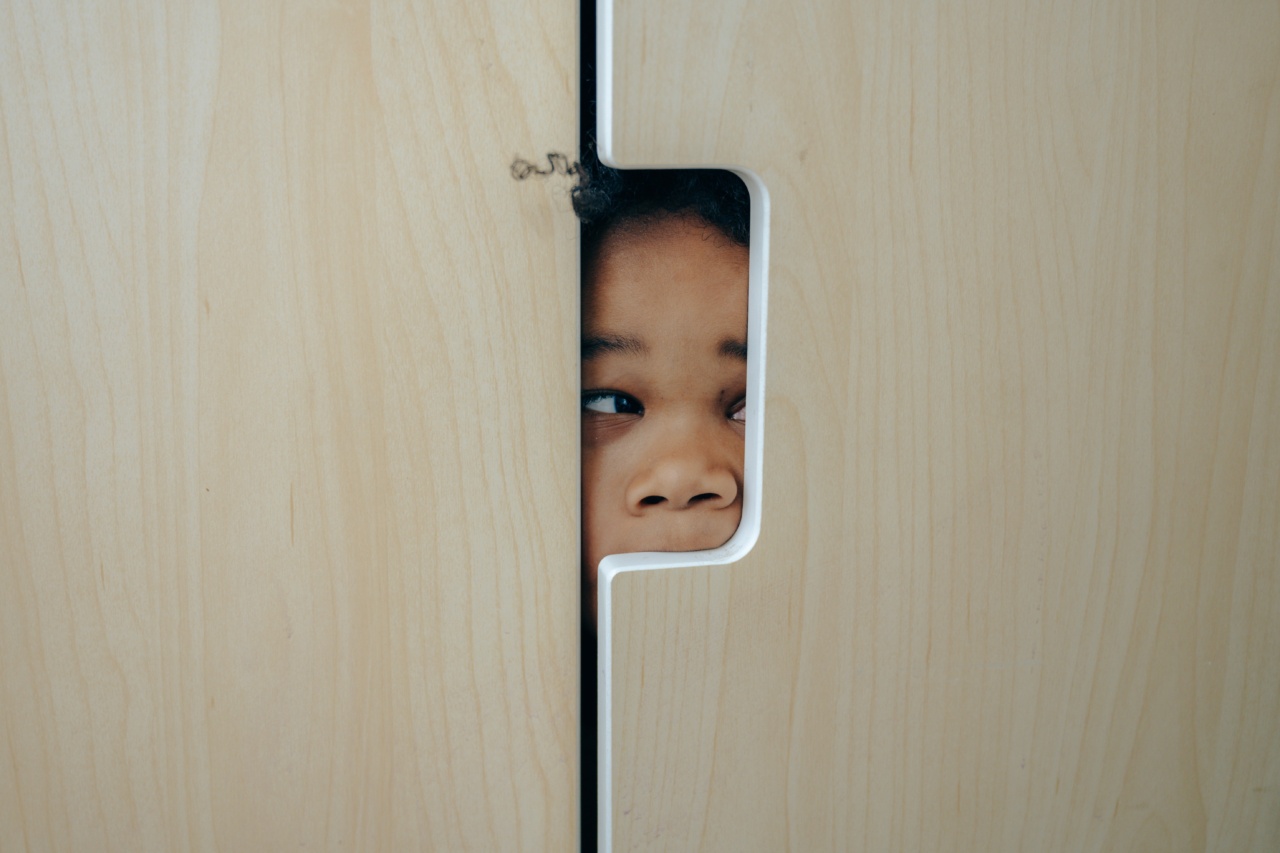As children grow and develop, they go through different stages that help them build a sense of self, explore their environment, and form relationships with others.
A common behavior during this process is seeking separation from their caregivers or parents. While this may seem worrisome or frustrating at times, it is a normal part of a child’s development.
Reason #1: Exploring the world
One of the primary reasons why children seek separation is to explore their surroundings. Toddlers and preschoolers are curious by nature, and they need to investigate everything around them to make sense of the world.
By exploring on their own, they can learn new things, develop new skills, and gain a sense of independence.
Parents can encourage this exploration by providing a safe environment and allowing children to take risks and learn from their mistakes. It is essential to set boundaries and provide guidance, but also to let them experiment and explore independently.
As they grow and develop, they will learn to assess risks and make decisions on their own.
Reason #2: Building relationships
Another reason why kids seek separation is to build relationships. As children grow, they develop social skills and a desire to form connections with others. This may mean seeking out peers to play with or spending time with other family members.
Parents can foster this development by providing opportunities for children to interact with others, whether it is through playdates, extracurricular activities, or family outings.
Encouraging positive social interactions and modeling healthy relationships is crucial for children to learn how to build and maintain connections with others.
Reason #3: Establishing independence
As children grow and develop, they strive to establish a sense of independence. This may mean wanting to do things themselves or making decisions without parental input.
While it can be difficult for parents to relinquish control, it is essential to allow children to establish a sense of autonomy.
Parents can support this development by offering choices and opportunities for children to take on responsibility.
Providing age-appropriate tasks, such as dressing themselves or preparing simple meals, can help children build confidence and develop independence. Allowing them to make decisions, such as choosing their clothes or what game to play, can also help foster a sense of agency and autonomy.
Reason #4: Expressing emotion
Children seek separation to express their emotions. Whether it is anger, sadness, or frustration, they may need time and space to process their feelings without the presence of a parent or caregiver.
This can be challenging for parents, as they may interpret this behavior as rejection or mistrust.
Instead of taking it personally, parents should recognize that children need to express their emotions and have the right to do so in a safe and healthy environment.
Encouraging children to identify and talk about their feelings, providing a space for quiet reflection, and modeling healthy emotional expression can help children develop emotional intelligence and regulate their emotions.
Reason #5: Developing self-awareness
Finally, children seek separation to develop self-awareness. As they grow and explore the world around them, they begin to understand who they are and what they want.
Seeking separation allows them to reflect on themselves and their needs without the influence of others.
Parents can support this development by encouraging self-reflection and self-expression. Providing opportunities for journaling, art, or music can help children explore their thoughts and feelings.
Engaging in open and honest communication and modeling self-awareness can also help children develop a sense of self and a positive self-image.
Conclusion
As children grow and develop, seeking separation is a natural part of their development. By understanding the reasons behind this behavior, parents can support their children’s growth, independence, and emotional development.
Encouraging exploration, fostering positive relationships, allowing independence, supporting emotional expression, and promoting self-awareness are essential for children to thrive socially, emotionally, and cognitively.































